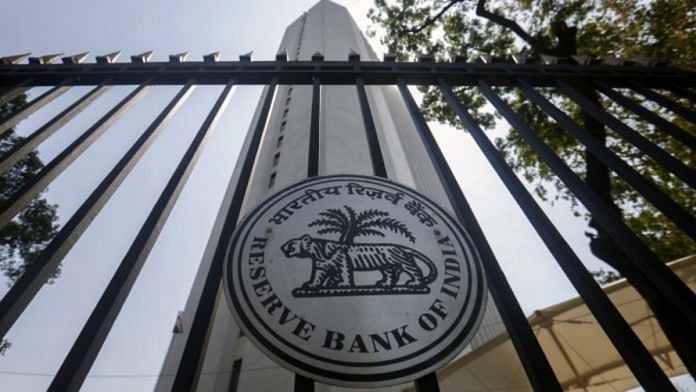New Delhi: More than a decade ago, credit default swaps (CDS) became a well-known phrase across the world, but for all the wrong reasons. CDS had played a major role in the global financial crisis of 2008, and in the collapse of the Lehman Brothers.
Now, they’re back in the news in India, but this time because the Reserve Bank of India (RBI) is looking to bring in new guidelines to expand the usage of these derivative instruments, with necessary safeguards.
This Tuesday, the central bank issued draft norms for credit default swaps, in a review of its earlier guidelines. The norms state that retail users will be allowed to undertake transactions in credit derivatives for hedging their underlying credit risk.
ThePrint explains what credit default swaps are, and how they help.
Also read: RBI’s truce with bond market at risk as Modi govt ramps up borrowing
What are credit default swaps?
Companies borrow to meet their funding requirements through various routes — through a loan from a bank, or through issuance of debt instruments which are bought by financial institutions and retail investors.
Investors who put money in these debt instruments may want to protect themselves from the risk of a potential default by the borrower. Credit default swaps are designed to provide this protection.
How do they work?
By definition, CDS is a derivative contract — an agreement between two parties with a financial instrument like a corporate bond being the underlying asset.
If an investor in a bond fears that the company may not be able to repay the debt, he/she can approach another financial institution to swap this risk. Under the CDS system, the financial institution will offer to repay the investor in case of a default by the borrower. In exchange, the investor will have to make periodic payments to the financial institution akin to an insurance premium payment.
Why are they essential for deepening corporate bond market?
The RBI and the government have been trying to deepen the bond market. In other words, they have been trying to increase the volumes and bring more investors into the market. A recent legislation on bilateral netting that received a nod from Parliament was also a step in this direction.
In RBI’s words, credit default swaps are ‘sine qua non’ or an essential condition for developing a liquid market for corporate bonds.
This is because credit default swaps give an option to investors to reduce their risks. Such instruments will also encourage investors to put money in bonds that are low rated.
The CDS guidelines were revised initially in January 2013, but the product did not take off despite the changes. The RBI decided to widen the ambit of participants after receiving feedback from market participants. The new draft guidelines follow this consultative process.
How can retail investors participate in CDS in India?
According to the RBI’s draft guidelines, retail investors will be allowed to buy CDS but only to hedge themselves against their existing credit risk. The rules also specify that the retail investor cannot buy CDS for amounts higher than the face value or for a tenure more than that of the underlying debt instrument.
This means that if a retail investor has lent Rs 100 to a company for three years by subscribing to a bond issued by the company, the CDS cannot be of more than this amount or this tenure.
Also read: India’s bond market is so hot even Baba Ramdev is selling debt



